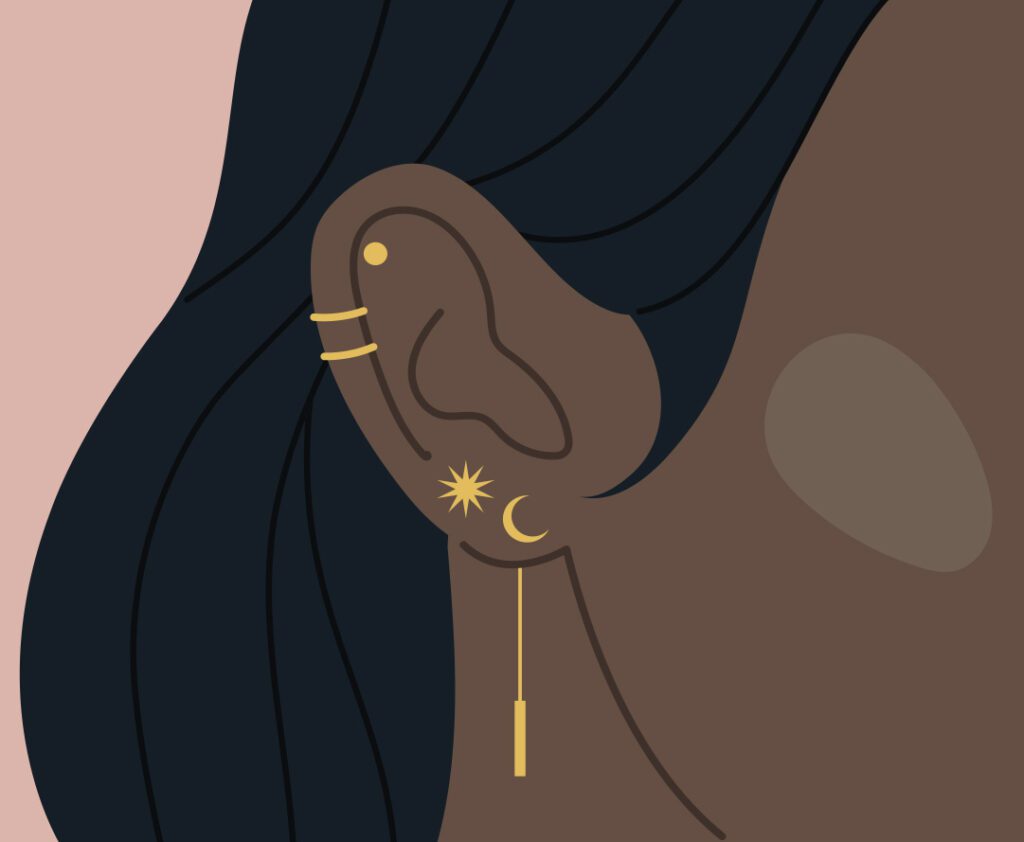Maybe your daughter just asked to get her ears pierced, or maybe you are considering getting a second set. Whether for your own safety or a loved one’s, there are a number of things to know before committing to a body piercing. Read up on some important safety tips below!


1. Go to a trained professional.
Instead of attempting an at-home piercing, find a reputable piercing studio and have a trained employee perform the piercing. Some doctor’s offices will even perform basic ear piercings! The piercer should always wash his or her hands and wear a clean set of disposable gloves for every piercing.
2. Use sterilized equipment.
Infections are already a common risk associated with piercings, and one of the best ways to decrease your risk is using sterilized tools. Any nondisposable equipment should be treated with a heat-sterilization machine (autoclave) in between piercings. A fresh, sterile, disposable needle is the preferred method for most standard piercings.
3. Say “no” to nickel.
Nickel jewelry is notorious for causing allergic reactions. When getting a new piercing, choose hypoallergenic jewelry. Surgical stainless steel, niobium, titanium, platinum, and 14- or 18-karat gold are all great options.
4. Take proper care of your piercing. Always wash your hands thoroughly before caring for your piercing
For skin piercings, clean the piercing site twice a day using antibacterial soap and water or saline wound wash. Oral piercings may be cleaned with antiseptic mouthwash after meals and before bed.
5. Avoid irritating your new piercing.
Tight clothing can irritate your piercing and delay healing, as can excessively touching or twisting the jewelry at the piercing site. While your piercing is healing, you should also avoid public pools, hot tubs, lakes, rivers, and any other bodies of water that could be harboring bacteria.
6. Know when to contact your doctor.
Swelling, redness, tenderness, and even a little bleeding is normal in the first few days following a piercing. However, symptoms such as unusual pain, prolonged bleeding, excessive redness, and yellow, bad-smelling discharge warrants a visit to your primary care provider.

